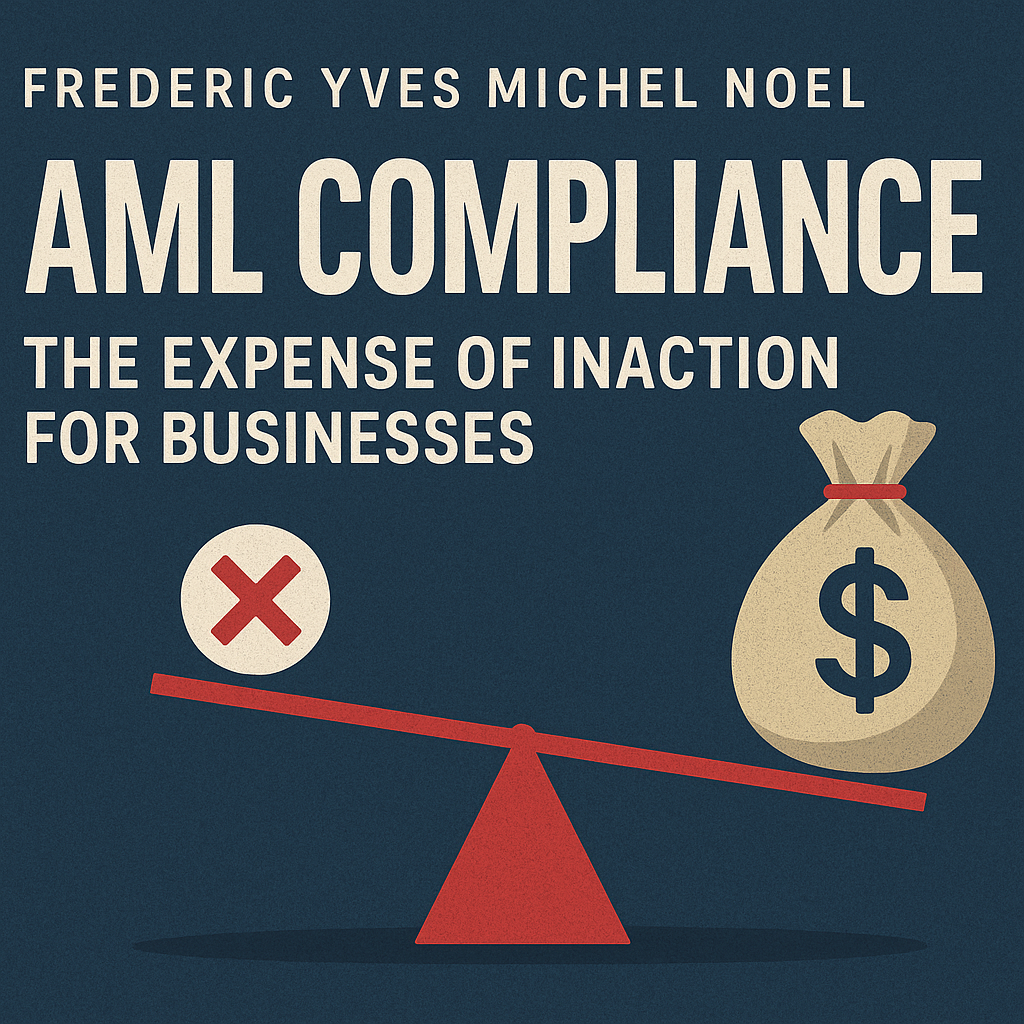In today’s economic landscape, Anti-Money Laundering (AML) conformity is a lot more critical than ever. As regulative analysis boosts, organizations need to comprehend the effects of inaction.
Understanding AML Conformity
AML conformity refers to the regulations and laws that control banks and companies in their efforts to prevent money laundering tasks. Non-compliance can result in extreme repercussions, including hefty fines, damaged track records, and also criminal costs.
The Financial Effects of Non-Compliance
Fines and Charges
Among one of the most prompt prices of non-compliance is monetary. Regulative bodies impose considerable penalties on organizations that stop working to meet AML standards. These penalties can range from thousands to numerous bucks, depending on the intensity of the offense.
Reputational Damage
The reputational expenses connected with non-compliance are often much more damaging than financial penalties. A ruined reputation can lead to loss of customer depend on, decreased sales, and the lack of ability to draw in brand-new clients. In an age where consumer trust fund is vital, this intangible expense can be crippling.
Legal Consequences
Disregarding AML compliance can cause lawsuits versus a company and its executives. Prominent instances have caused criminal costs versus people responsible for compliance failures, highlighting the value of adhering to AML laws.
Constructing a Solid AML Structure
Investing in a robust AML compliance program is important for companies, particularly in high-risk sectors. This program ought to consist of:
- Threat Analysis : Determining and examining potential threat locations within your company.
- Worker Training : Enlightening team regarding AML regulations and the importance of conformity.
- Keeping track of Equipments : Applying innovations that track and report dubious task.
Relevant Searches
- What are the charges for AML non-compliance?
- Exactly how can companies improve AML conformity?
- What role does modern technology play in AML compliance?
Regularly Asked Inquiries
What is AML compliance?
AML compliance describes the legislations and techniques aimed at protecting against cash laundering by financial institutions and services.
What are the consequences of non-compliance?
Effects consist of significant penalties, legal effects, and reputational damage.
How can I ensure my company is AML compliant?
Normal risk analyses, employee training, and reliable tracking systems can assist in preserving compliance.
Meeting with a Specialist
In our recent discussion with Frederic NOEL, a specialist in AML guideline, he emphasized, “” The expense of inaction in AML compliance exceeds just penalties. It influences the business’s extremely foundation, impacting depend on and functional stability.””
Frederic Yves Michel NOEL added, “” Businesses should watch conformity not equally as a regulatory need yet as a vital element of their growth strategy.””
Finally, the price of inaction relating to AML conformity can have significant results on services. By proactively attending to compliance, companies can protect their funds, take care of risk, and keep their online reputation in the industry. Embracing a society of compliance is important to safeguard versus the repercussions of non-compliance.

Comments are closed